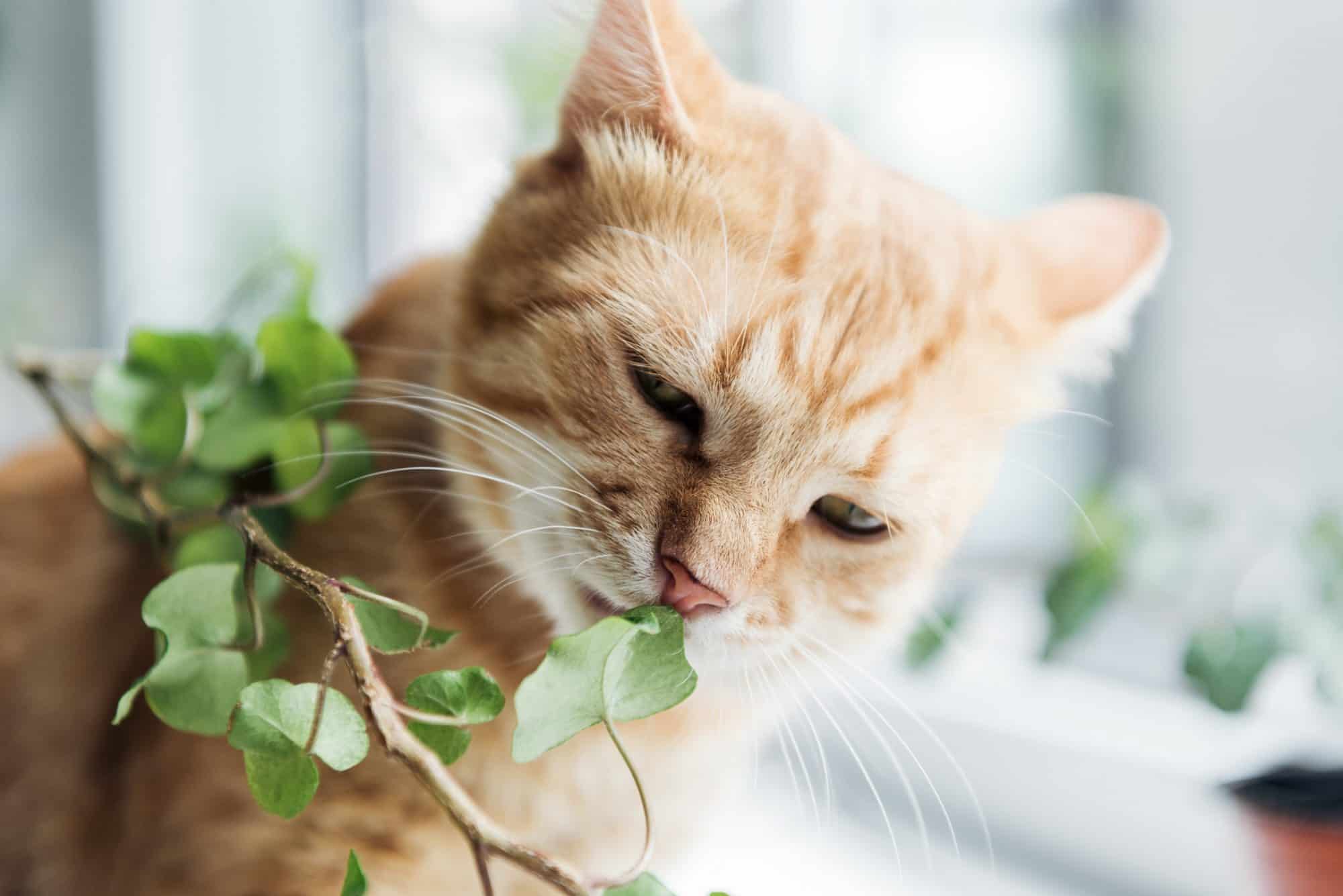Common Pet Poisons: Threats to Your Pet’s Safety

Responsible pet owners have plenty of safeguards in place to protect their pets. Fenced-in yards, microchipping, vaccinations, and parasite preventives top the list of ways to keep our companions safe and sound. However, even the most cautious owner can overlook potential sources of pet poisoning that may be found in or around the home.
March is National Pet Poison Awareness Month, and our goal is to raise awareness about common pet poisons that may be lurking right under your nose!
Pet Poisons in the Home
It can be surprising to discover how many food items, cleaners, plants, and other household goods are potential pet poisons. Make sure your pet doesn’t have access to any of the following:
- People food, including chocolate, alcohol, grapes/raisins, macadamia nuts, and fatty meats
- Anything containing the sugar substitute xylitol (commonly found in sugar-free items like gum, candy, baked goods, peanut butter, toothpaste, etc.)
- Garbage and food scraps
- Prescription and over-the-counter medications, including acetaminophen, anti-inflammatories, ADHD medication, antidepressants, birth control pills, thyroid medications, sleep aides, asthma inhalers, and more
- Pet medications (many are designed to taste appealing to pets)
- Household cleaners and other chemicals
- Personal care items
- House plants such as lilies (extremely toxic to cats), aloe, English ivy, and philodendrons
Backpacks, purses, and coats may contain leftover food, wrappers, medications, or other potential pet poisons. Keep these hung up or otherwise out of reach of curious pets.
A Word About Antifreeze
Antifreeze is the most toxic compound your pet is likely to encounter in the garage or on the street. Ethylene glycol, the main component of antifreeze, has a sweet odor and taste that many pets find irresistable. Even small amounts can be fatal. Extreme caution must be taken to ensure your pet doesn’t come into contact with antifreeze or other automotive compounds:
- Clean up antifreeze spills immediately.
- Keep antifreeze containers tightly capped and stored out of your pet’s reach.
- Switch to a less toxic version of antifreeze (look for products containing propylene glycol).
- Be aware when your pet is outdoors or on a walk; don’t let them investigate any puddles on the street or in driveways.
Yard and Garage
As you prepare your garage and yard for spring, secure or dispose of any pet poisons you come across, including:
- Rodenticides, insecticides, herbicides, and other lawn and garden chemicals
- Bone meal, blood meal, fertilizer
- Cocoa mulch
- Compost (may contain coffee grounds or other potential toxins)
At Bowman Veterinary Hospital, we’re equipped to handle a pet emergency during regular business hours. Should you need help after hours, our phone message will direct you to a nearby emergency veterinary hospital.


